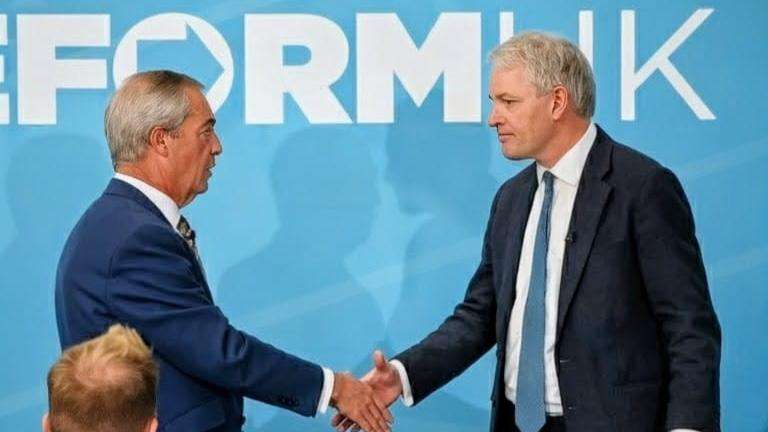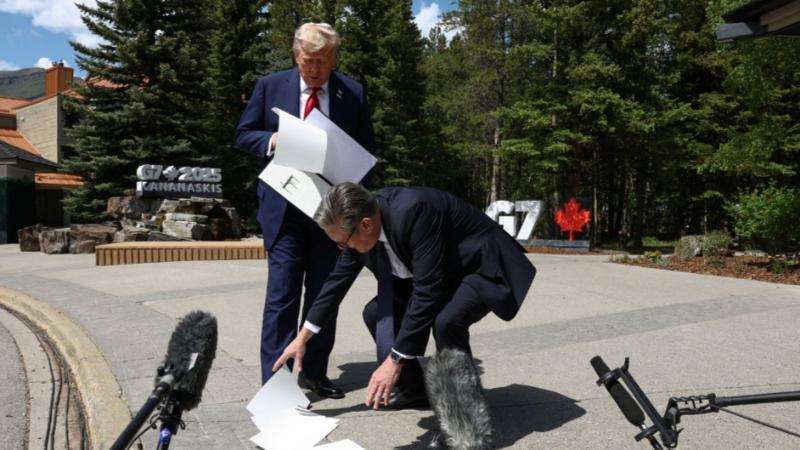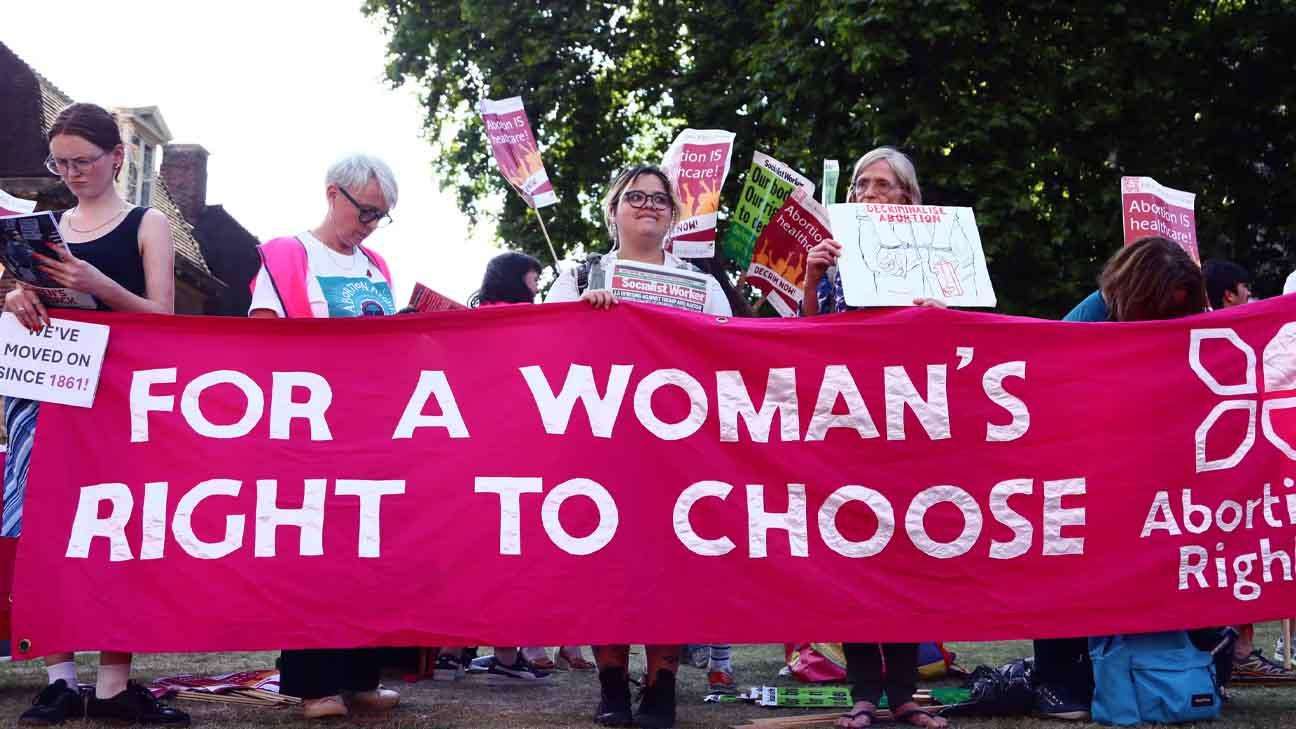A landmark trade agreement between the United Kingdom and the United States has been formally signed, with US President Donald Trump declaring the deal "done" following a meeting with UK Prime Minister Sir Keir Starmer at the G7 summit. The agreement, years in the making, is set to deliver significant economic benefits for the UK, with projections of billions in savings for key industries and the protection of tens of thousands of jobs.
Speaking to reporters in Canada, President Trump stated, "We signed it, and it's done. It's a fair deal for both. It'll produce a lot of jobs, a lot of income." Prime Minister Starmer echoed this sentiment, describing the document as implementing a "really important agreement" to cut tariffs on crucial sectors like cars and aerospace. "This is a very good day for both of our countries - a real sign of strength," Sir Keir added, emphasizing the collaborative spirit of the deal.
Impact on the British Economy: A Closer Look
The newly signed deal is poised to deliver a substantial boost to the British economy, particularly impacting key sectors. The US has committed to removing 10% tariffs on UK aerospace goods, including engines and aircraft parts. This vital concession, expected to take effect by the end of the month, represents a significant win for the UK's high-tech manufacturing sector, which employs thousands and contributes substantially to exports.
The automotive industry is also set for a revitalization, with tariffs on car imports dramatically falling from 27.5% to 10%. The government estimates this will save car manufacturers hundreds of millions of pounds annually and safeguard tens of thousands of jobs across the UK's automotive industry. The White House has confirmed a quota of 100,000 cars will be eligible for import at this preferential rate each year, providing a clear pathway for British car exports to the lucrative US market.
While not entirely at 0% yet, the UK remains uniquely exempt from the global 50% tariff rate on steel, maintaining its original 25% rate. The government has stated its commitment to "continue to go further and and make progress towards 0% tariffs on core steel products as agreed," indicating ongoing negotiations to fully lift these levies. The White House confirmed it would "promptly construct a quota at most-favoured-nation rates for steel and aluminium articles," suggesting a structured approach to future reductions.
Beyond these major industries, the deal includes import and export quotas for beef. Crucially, the UK government has stressed that "any US imports will need to meet UK food safety standards," allaying concerns about potential compromises on food quality. Furthermore, while no immediate changes to tariffs on pharmaceuticals have been announced, both sides have expressed a desire for future collaboration. The White House stated they "committed to negotiate significantly preferential treatment outcomes," with the UK government noting that "work will continue to protect industry from any further tariffs imposed."
Sir Keir's Labour Party Stance: A Focus on Practical Outcomes
For Sir Keir Starmer and the Labour Party, the signing of this trade deal represents a significant achievement and a pragmatic approach to securing economic prosperity. Unlike previous administrations that had discussed a UK-US deal, Starmer has delivered a tangible outcome. His emphasis has been squarely on the practical benefits for British industries and workers.
During the G7 meeting, President Trump lauded Sir Keir as a "great" prime minister, remarking, "We've been talking about this deal for six years, and he's done what they haven't been able to do." Trump also acknowledged their ideological differences, stating, "He's slightly more liberal than me to put it mildly... but we get along," to which Sir Keir responded, "we make it work." This exchange underscores the Labour government's strategy of finding common ground and delivering results on the international stage, even with politically divergent partners.
The visual of President Trump holding up a physical copy of the agreement, with Sir Keir quickly retrieving fallen pages, symbolized the tangible nature of the deal and the prime minister's hands-on approach. The brief moment where President Trump mistakenly referred to a "trade agreement with the European Union" highlighted the focus on bilateral relations following the UK's departure from the EU.
This trade agreement marks a pivotal moment for the UK's post-Brexit economic strategy, demonstrating the nation's ability to forge powerful bilateral alliances and secure deals that directly benefit its industries and citizens. While some specifics, particularly on steel, remain subject to further negotiation, the overarching message from the G7 summit is clear: the UK-US trade deal is done, and its economic impact is set to be substantial.
_1.jpg)







.svg)



